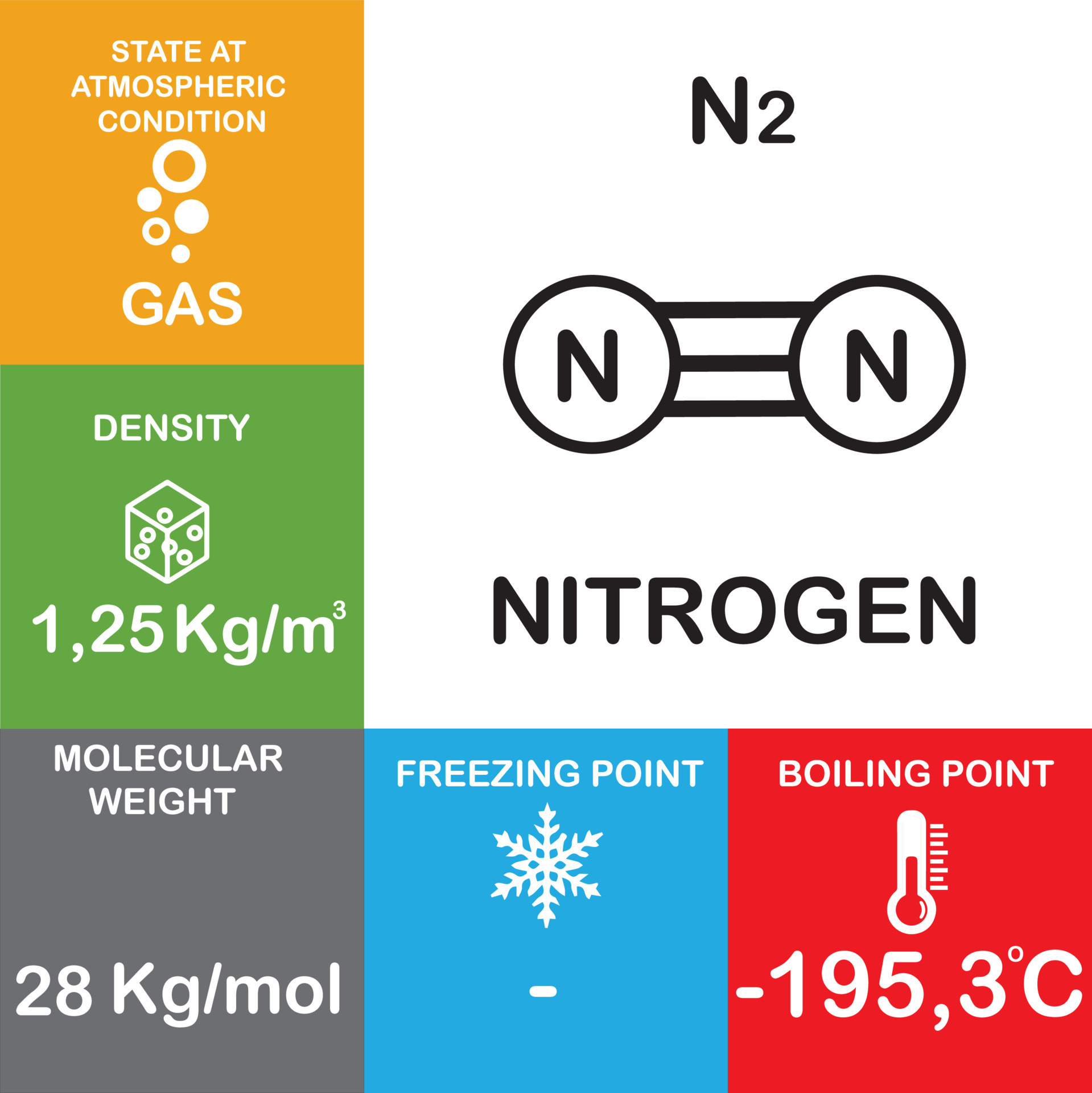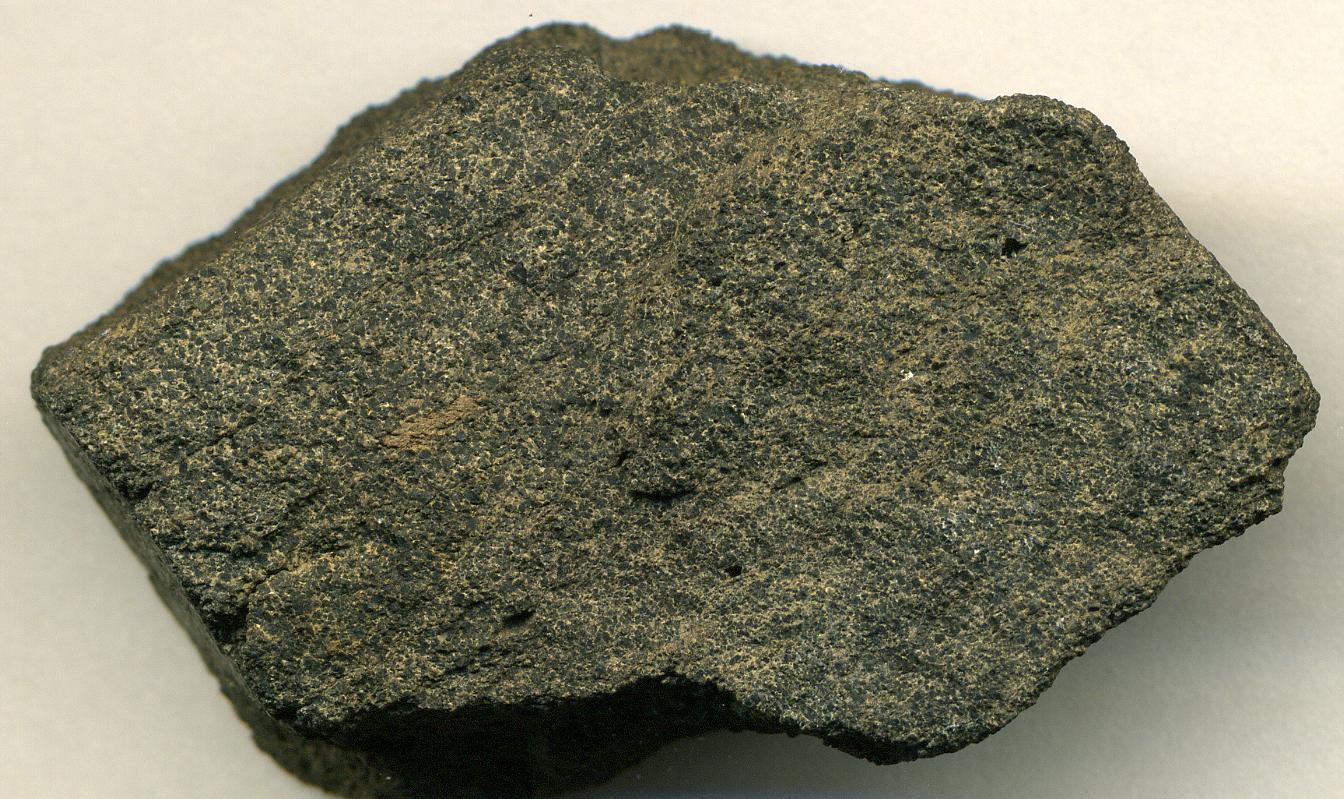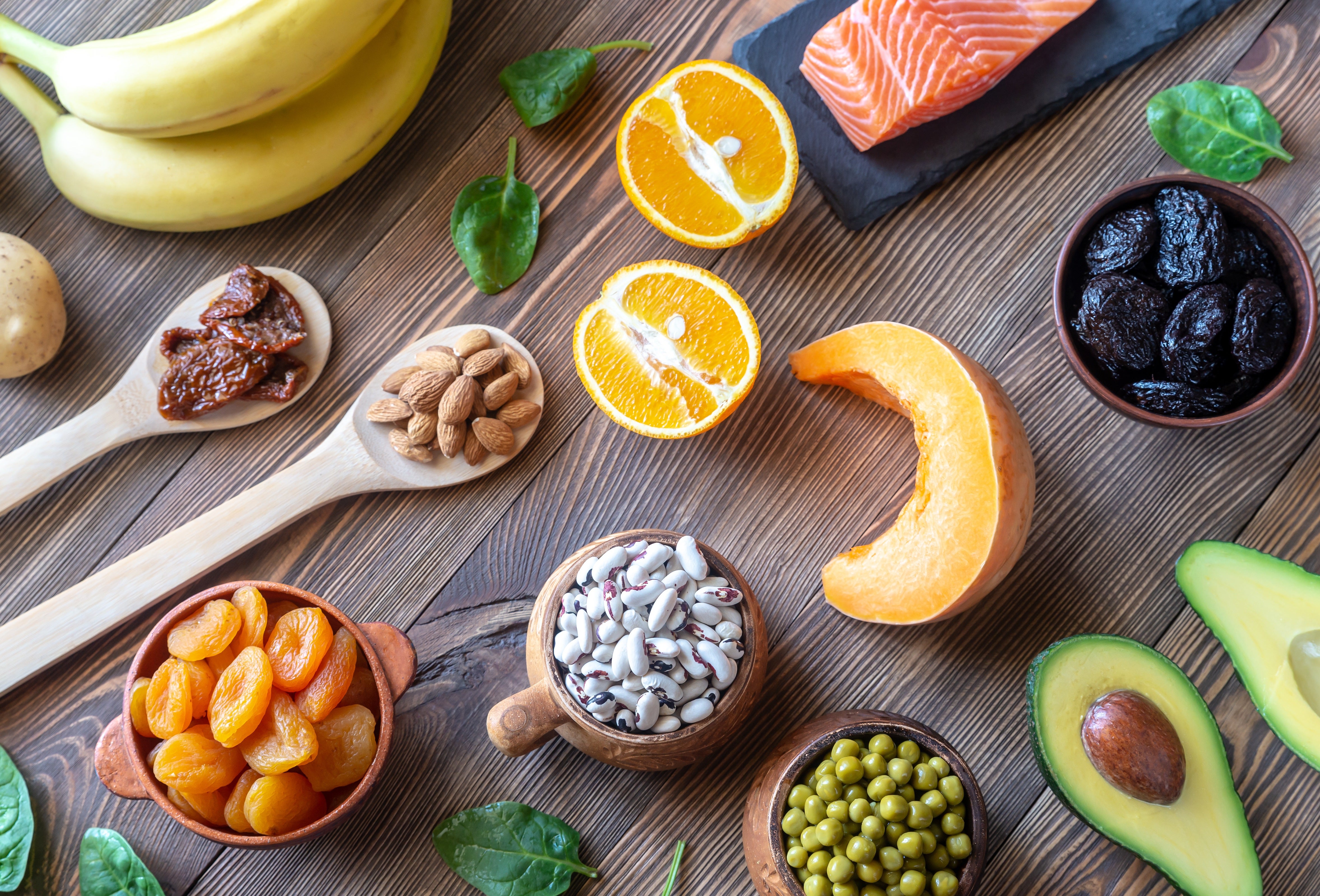Essential Nutrients For Plant Growth: Nitrogen Phosphorus And Potassium
Title: Essential Nutrients for Plant Growth: Nitrogen Phosphorus and Potassium
Introduction:
Plants need a variety of nutrients in order to grow and thrive. The three most important nutrients are nitrogen (N), phosphorus (P), and potassium (K). These nutrients are known as macronutrients because they are needed in large quantities by plants.
Nitrogen is essential for plant growth. It is involved in the production of chlorophyll, the green pigment that helps plants photosynthesize. Chlorophyll allows plants to convert sunlight into energy, which they use to grow and develop.
Phosphorus is essential for cell division and energy transfer. It is also involved in the production of DNA and RNA, the genetic material that determines a plant's characteristics.
Potassium is essential for water regulation, photosynthesis, and protein synthesis. It also helps plants resist diseases and pests.
In addition to nitrogen, phosphorus, and potassium, plants also need other nutrients in smaller quantities. These nutrients are known as micronutrients. Some of the most important micronutrients include calcium, magnesium, sulfur, iron, zinc, manganese, copper, boron, molybdenum, and chlorine.
Micronutrients are essential for a variety of plant functions, including photosynthesis, protein synthesis, and disease resistance. They are also involved in the development of the plant's roots, stems, leaves, and flowers.
Main Content:
- Nitrogen
- Nitrogen is the most abundant element in the atmosphere, but plants cannot use it in its gaseous form. They need nitrogen in the form of nitrates or ammonium.
- Nitrates are the most common form of nitrogen found in fertilizers. They are water-soluble and can be easily absorbed by plant roots.
- Ammonium is another form of nitrogen that can be found in fertilizers. It is not as water-soluble as nitrates, but it is more easily absorbed by plant roots in acidic soils.
- Nitrogen deficiency can cause a variety of problems in plants, including stunted growth, yellowing leaves, and reduced yields.
- To correct a nitrogen deficiency, you can apply a nitrogen fertilizer to your plants. The amount of fertilizer you need to apply will depend on the type of plant you are growing and the soil conditions.
- Phosphorus
- Phosphorus is found in the soil in the form of phosphates. Phosphates are not as water-soluble as nitrates, so they are not as easily absorbed by plant roots.
- Phosphorus is essential for cell division and energy transfer. It is also involved in the production of DNA and RNA, the genetic material that determines a plant's characteristics.
- Phosphorus deficiency can cause a variety of problems in plants, including stunted growth, slow development, and reduced yields.
- To correct a phosphorus deficiency, you can apply a phosphorus fertilizer to your plants. The amount of fertilizer you need to apply will depend on the type of plant you are growing and the soil conditions.
- Potassium
- Potassium is found in the soil in the form of potassium carbonate and potassium chloride. Potassium carbonate is more water-soluble than potassium chloride, but it is also more expensive.
- Potassium is essential for water regulation, photosynthesis, and protein synthesis. It also helps plants resist diseases and pests.
- Potassium deficiency can cause a variety of problems in plants, including wilting, yellowing leaves, and reduced yields.
- To correct a potassium deficiency, you can apply a potassium fertilizer to your plants. The amount of fertilizer you need to apply will depend on the type of plant you are growing and the soil conditions.
Conclusion:
Nitrogen, phosphorus, and potassium are the three most important nutrients for plant growth. These nutrients are essential for a variety of plant functions, including photosynthesis, protein synthesis, and disease resistance. By providing your plants with the right balance of these nutrients, you can help them grow healthy and strong.
Image of nitrogen phosphorus and potassium
10 different images of nitrogen, phosphorus, and potassium that are free to use:
Home Gardening







Post a Comment for " Essential Nutrients For Plant Growth: Nitrogen Phosphorus And Potassium"